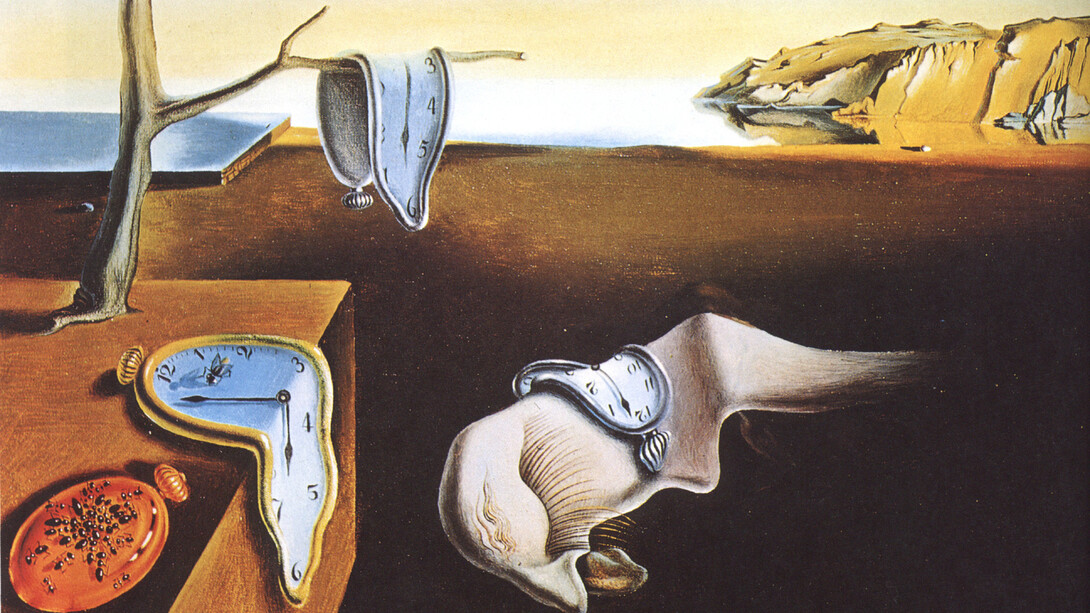In Hot Tub Time Machine, spoiler alter, we are introduced to four friends whose lives have spiraled in their own pathological ways. One friend, depressed and rejected, attempts suicide by inhalation in the garage of his small home. Crowded around his hospital bed, the friends decide they all need a vacation, so they plan a trip to Kodiak Valley Ski Resort. Here, finally, they slip into a Hot Tub Time Machine and are given the chance to correct mistakes they made as young adults. You see, this is the same ski resort they all knew growing up—the place where they crafted their identities and made crucial character-defying actions. At the end of the movie, they return to their present-day lives. They are greeted by money, true love, and large homes. During the night they spent in 1986, they made some critical changes to their past selves that compounded into the future; one of the four friends even stayed behind to do his life all over again founding Google before Bill Gates gets the chance to.
There are many themes to this movie—regret, redemption, and destiny. I suppose the intended takeaway was don’t let your life run away from you. Moreover, squash regrets and lives purposefully. (I am being generous considering it’s just a raunchy comedy starring John Cusack and Craig Robinson.) But there is another underlying theme, mixed in with the others, that was not intended. Hot Tub Time Machine is a great example of something I’ve dubbed, “worthy suffering”.
At the end of the movie, while the four friends rejoice in their glamorous present-day reality, the one where they are all successful and happy, I can’t help but feel pity. They parade around like Frondo’s return to the Shire—like they’ve just defeated Saron and Samwise got the girl. But it couldn’t be farther from the truth.
Happy ever after? I for one feel cheated. The four friends return to the present, but they still only remember their original, “no good”, lives. They wake up in a present that is totally different; they slowly come to terms with what’s changed. They got a second chance at life but can’t remember any of it. All that they reap is predicated on all that they lost—their past lives and events, every drop of blood and ounce of sweat. In returning to the past, they lost what made them human: their blind struggle. Frodo and Sam trekked into Mordor, unsure what they’d find. They endured giant spiders, dark riders, and deep wounds—wounds that would never heal. When they returned to the Shire, they weren’t happier, but they were fuller. Their eyes had seen, and their ears had heard. Their struggle was never in vain—even if they had failed, their unrelenting efforts are what defined them. This is what I call worthy suffering.
I think this is what Dostoevsky meant as well when he wrote, “There is only one thing that I dread: not to be worthy of my sufferings.” Dostoevsky understood God-driven purpose and grace in suffering. Dostoevsky felt rewarded by suffering and, importantly, one’s ability to persevere—something he communicates in his most noble characters. And it’s not just Christian novelists, but the idea of worthy suffering is represented across the wide spectrum of belief structures—everywhere people are trying to make sense of “why we suffer”.
Take the words of an ancient stoic, for example. Epictetus wrote, “Show me one who is sick and yet happy, in peril and yet happy, dying and yet happy, in exile and happy, in disgrace and happy. Show him me. By the gods I would fain see a Stoic. Nay you cannot show me a finished Stoic; then show me one in the moulding, one who has set his feet on the path.”
Moreover, Nietzsche once wrote, “To those human beings who are of any concern to me I wish suffering, desolation, sickness, ill-treatment, indignities – I wish that they should not remain unfamiliar with profound self-contempt, the torture of self-mistrust, the wretchedness of the vanquished: I have no pity for them, because I wish them the only thing that can prove today whether one is worth anything or not – that one endures.”
We all seem to agree, there is something beautiful about our struggles and hardships. Sure, we would rather do without them, but then we would no longer be us—we would no longer be noble—we would no longer be human.
So, I would like to propose a better takeaway from Hot Tub Time Machine: embrace the things that made you and embrace the things you’ve endured. Your worth is measured by your endurance, hope you are worthy of your suffering.
